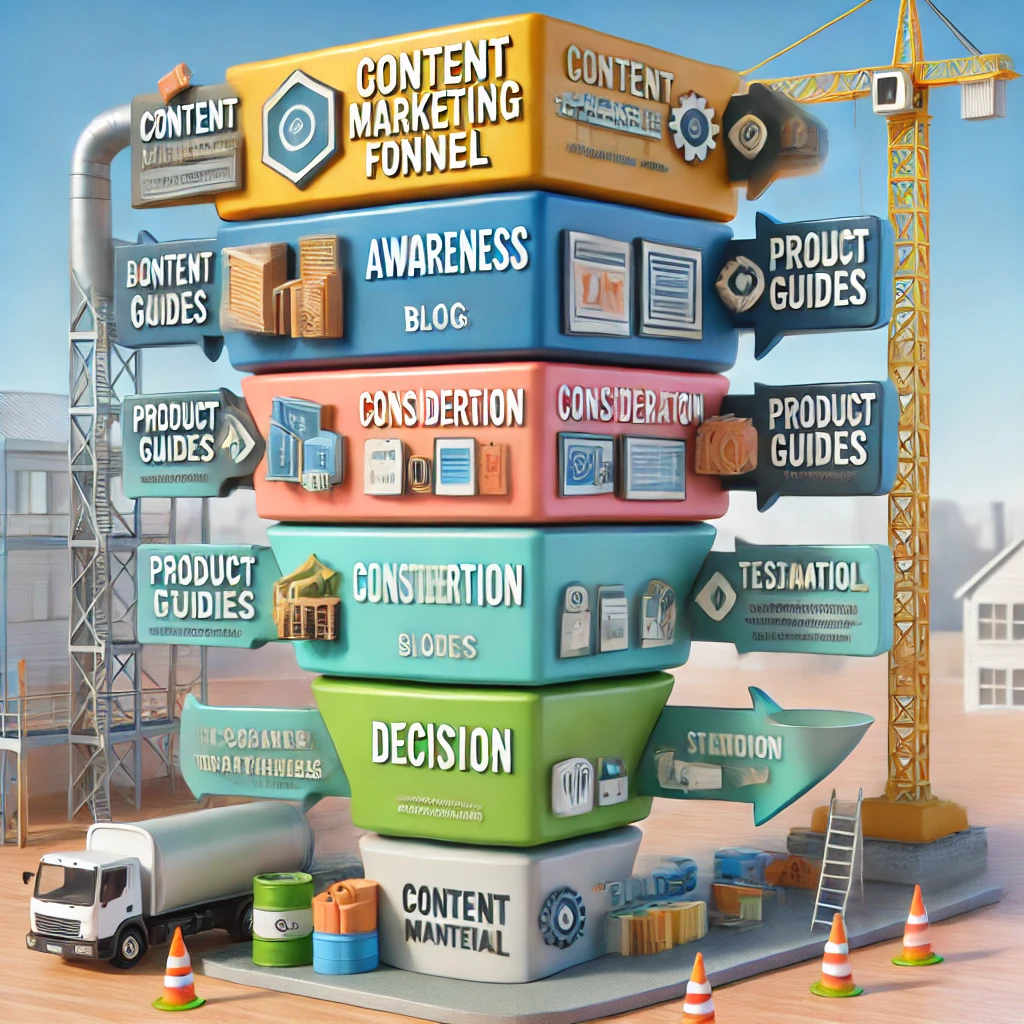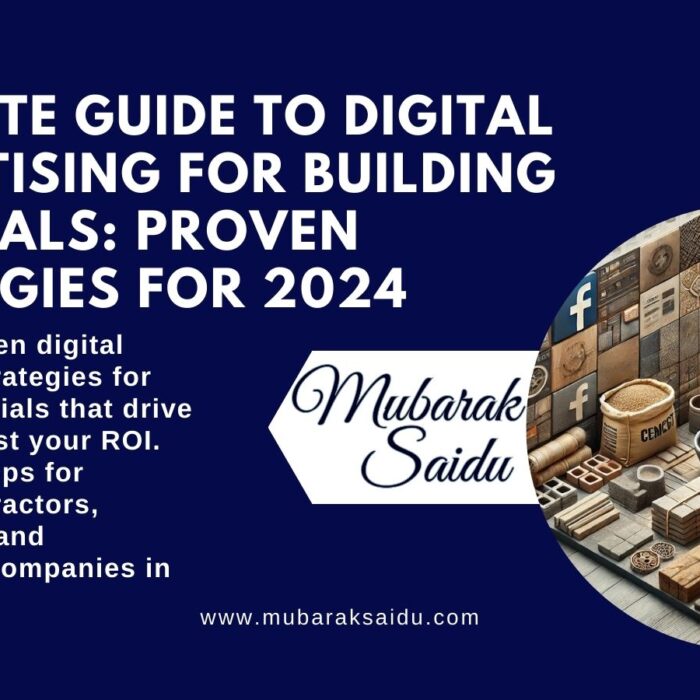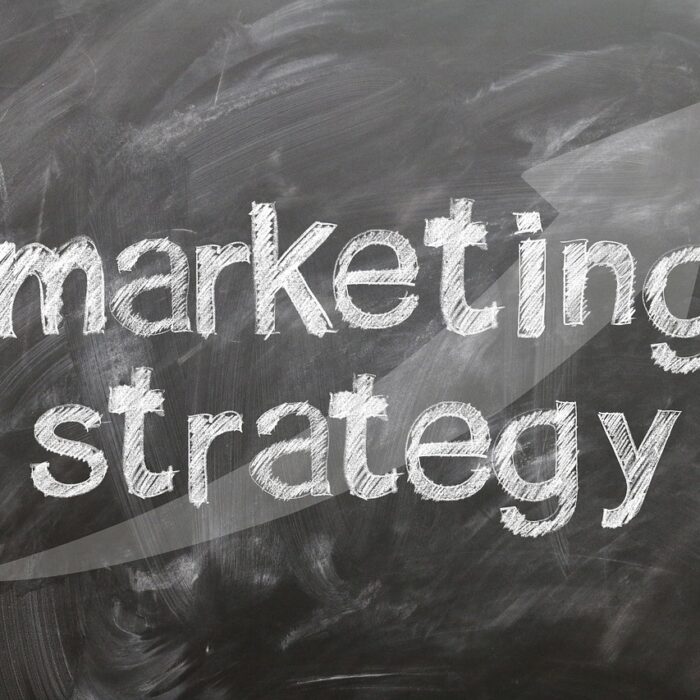
You know what really gets me excited? Seeing building materials businesses transform their digital presence!
I still remember sitting in my office in Abuja, frustrated by how many amazing Nigerian building materials companies were struggling to reach their full potential online.
That’s when I came across a shocking statistic: 89% of construction industry professionals rely on online content before making purchasing decisions.
Listen, I’ve been in your shoes. When I started helping building materials businesses with their digital marketing, I was overwhelmed by all the tools and platforms out there.
It felt like trying to build a house without knowing which tools to use first!
But here’s the thing – you don’t need to use every tool out there. What you need is the right combination of tools that work for your specific business needs.
I’ve tested countless tools over the years, made all the mistakes (so you don’t have to!), and I’m going to share exactly what works and what doesn’t.
Importance of Content Marketing in Building Materials
Content marketing can be a game-changer for building materials businesses, helping brands connect with various audience segments, build authority, and ultimately increase conversions.
Here are some key ways content marketing can be impactful for this industry:
Role Of Content In Building Brand Trust
Content marketing serves as a powerful tool to build trust with customers. By providing valuable information and insights, businesses in the building materials industry can establish themselves as knowledgeable and reliable sources, which encourages customer loyalty.
Authority and Credibility
- Content as a Knowledge Hub: Regular content like in-depth articles, case studies, and how-to guides establish your brand as an industry expert.
If a contractor sees your brand discussing technical topics in detail, they are more likely to trust your expertise.
- Demonstrating Transparency: Transparent content such as product testing reports or customer reviews assures customers of your brand’s authenticity.
Establishing Long-Term Customer Relationships
- Nurturing Trust Through Consistency: By consistently posting helpful content, customers come to rely on your brand for insights. Over time, this loyalty can translate into long-term customer relationships.
- Educational Content for DIYers: For a homeowner attempting a DIY project, tutorial videos or how-to blog posts can build trust.
They’ll feel supported, increasing the likelihood of repeat purchases.
Reaching Diverse Audiences
In today’s digital landscape, a well-rounded content strategy allows building materials businesses to connect with various audience segments—from architects and contractors to DIY enthusiasts—expanding brand reach and engagement.
Segmenting Content by Audience Type
- Professional Contractors: Articles on advanced construction techniques or eco-friendly materials cater directly to industry professionals.
- DIY Homeowners: Simpler, more approachable content, like installation guides or “Do’s and Don’ts,” appeals to non-professional buyers.
Connecting with International Markets
- Adapting Content for Local Markets: When expanding to new regions, creating content that aligns with local construction needs and regulations helps build trust.
- Utilizing Multilingual Content: Multilingual blog posts and resources can open doors to non-English speaking markets, broadening the reach of your business.
Supporting the Sales Funnel
Content marketing plays a crucial role in guiding potential customers through each stage of the sales funnel.
By offering tailored content at each phase, businesses can nurture leads effectively and help move them closer to a purchasing decision.
Top of the Funnel: Awareness
- Creating High-Quality Blog Posts: Awareness-focused blog posts (e.g., “Top 5 Eco-Friendly Materials for Roofing”) attract new visitors who are not yet familiar with your brand.
- Engaging Social Media Content: Social posts showcasing your products in action give potential customers a glimpse of what your brand offers.
Middle of the Funnel: Consideration
- Comparative Content: Blog posts comparing different products help customers understand the strengths of your offerings versus competitors.
- Product Demos and Webinars: Hosting a webinar on using a specific material for a project can help those in the consideration stage visualize using your products.
Bottom of the Funnel: Decision
- Case Studies and Testimonials: Highlighting previous successful projects builds confidence in potential buyers.
- Promotions and Discounts: Strategically timed discounts and offers can help convert leads ready to make a purchase.

Essential Social Media Management Tools
The building materials industry might not seem like the most exciting space for social media, but that’s where most businesses get it wrong!
Social media has become the go-to platform for architects, contractors, and homeowners researching building materials.
With 76% of construction professionals now using social media for product research, having the right management tools isn’t just helpful – it’s essential for staying competitive in 2024.
Let’s explore the tools that can transform your social media presence from basic to brilliant.
Hootsuite and Buffer
Let me tell you about my biggest social media management disaster! I once tried managing social media for a cement company manually – posting individual updates across five different platforms.
The result? I mixed up the posts, missed prime posting times, and nearly shared a competitor’s content by mistake!
That’s when I discovered the power of social media management tools.
Hootsuite and Buffer have been absolute game-changers for my building materials clients. Here’s the real deal about these tools:
Hootsuite is like having a social media assistant who never sleeps. I use it to:
- Schedule posts for different time zones (perfect when you’re targeting both African and international markets)
- Monitor what people are saying about your brand (I once caught a viral complaint about a client’s product early and helped them address it before it spread)
- Track competitor activities (you’d be surprised what you can learn!)
- Generate comprehensive reports that actually make sense
Buffer, on the other hand, is my go-to for its simplicity and powerful analytics. Here’s what makes it special:
- The queue system is perfect for maintaining a consistent posting schedule
- Their Chrome extension makes sharing industry news super easy
- The analytics help you understand which content resonates with your audience
Pro Tip: I’ve found that posting between 10 AM and 2 PM WAT works best for reaching Nigerian contractors, while scheduling additional posts between 3 PM and 6 PM GMT catches the European market.
Canva Pro for Construction
Oh my goodness, let me tell you about Canva Pro! Before discovering it, I was spending hours trying to make product catalogs look professional.
Now? I can create stunning visuals in minutes!
Here’s what makes Canva Pro particularly valuable for building materials businesses:
- Construction-specific templates that actually understand our industry
- Brand kit feature that keeps all your materials consistent (no more mixing up brand colors!)
- One-click resize feature (turn that Instagram post into a Facebook cover in seconds)
- Team collaboration features that prevent design bottlenecks
I recently helped a roofing materials company create their entire social media visual library using Canva Pro.
The result? Their engagement rates increased by 150% in just two months!
Email Marketing Platforms For Building Materials
Email marketing remains one of the most powerful tools in the building materials sector, generating an average ROI of $42 for every $1 spent!
But here’s the thing – construction professionals receive dozens of emails daily.
Standing out requires more than just sending mass emails; you need specialized platforms that understand the unique needs of the building materials industry.
These platforms help you segment your audience, automate campaigns, and track engagement in ways that generic email tools simply can’t match.
Mailchimp For Construction
Let me share something embarrassing – I once sent an email blast about ceiling tiles to a list of flooring contractors!
That’s when I realized how crucial proper email marketing tools are for the building materials industry.
Mailchimp has become my trusted partner for several reasons:
- The segmentation features let you target different types of contractors precisely
- Their automation workflows are perfect for nurturing leads (I set up a 6-email sequence for a client that generated 45% more quotes)
- The A/B testing feature helped me discover that emails with product videos get 37% more clicks than those with just images
Here’s a practical tip: Create separate email streams for:
- Architects and designers
- Contractors and builders
- Distributors and retailers
- DIY homeowners
Constant Contact
Constant Contact has been particularly effective for my clients who run physical showrooms alongside their online presence. Here’s why:
The platform excels at:
- Event management (perfect for product launches and contractor training sessions)
- E-commerce integration (great for those selling building materials online)
- Mobile-responsive templates (because let’s face it, most contractors check email on their phones)
Content Creation and Management Tools
Creating and managing content for building materials isn’t just about writing blog posts or product descriptions.
It’s about developing a comprehensive resource center that architects, contractors, and buyers can rely on.
With 93% of B2B purchases starting with online research, your content needs to be both informative and easily manageable.
The right tools can help you create, organize, and optimize content that drives real business results.
WordPress With Construction Themes
WordPress remains the most versatile platform for building materials businesses, offering unmatched flexibility and scalability.
When properly set up, it becomes a powerful content marketing hub that can showcase your entire product range effectively.
Key Features That Make WordPress Essential:
- Product catalog management with detailed specifications
- Integration with major e-commerce platforms
- Multiple user roles for team collaboration
- Mobile-responsive design options
- Built-in SEO capabilities
Best WordPress Themes For Building Materials:
- Construction Landing Page
- Build Press
- Struktural
- Builder Construction
Pro Tip: Install these essential plugins for better content management:
- Yoast SEO for content optimization
- WP Rocket for speed optimization
- Wordfence for security
- WPForms for lead capture
- WooCommerce for product sales
SEMrush for Building Materials
SEMrush is an invaluable tool for understanding what your potential customers are searching for and how to reach them effectively.
The platform offers comprehensive insights that can transform your content strategy.
Essential SEMrush Features For Building Materials Marketing:
- Keyword research specifically for construction terms
- Content gap analysis to identify missed opportunities
- Position tracking for product-specific keywords
- Competitor analysis in the building materials space
Strategic applications:
- Research popular product specifications searches
- Identify seasonal trends in building materials
- Monitor competitor product launches
- Track regional demand variations
Analytics and Tracking Tools
Without proper analytics, marketing in the building materials sector is like constructing a building without measurements!
Understanding how your content performs, which products attract the most interest, and how visitors interact with your site is crucial for optimizing your marketing strategy.
Modern analytics tools go beyond basic pageviews to provide actionable insights that can directly impact your bottom line.
Google Analytics 4
GA4 provides crucial insights into how customers interact with your building materials website. Understanding these patterns helps optimize your content and product presentations.
Key metrics to track:
– Product page engagement rates
– Technical specification download rates
– Quote request form completions
– Dealer locator usage
– Mobile vs desktop usage patterns
Implementation strategy:
- Set up conversion tracking for:
- Product enquiries
- Technical downloads
- Dealer contact requests
- Newsletter signups
- Create custom dashboards for:
- Product category performance
- Geographic engagement
- User journey analysis
- Content effectiveness
HubSpot Analytics
HubSpot’s analytics tools offer a comprehensive view of your marketing funnel, helping track leads from initial interest to final purchase.
Key Features For Building Materials Businesses:
- Lead scoring based on engagement
- Attribution reporting
- Sales pipeline visualization
- Customer journey mapping
Best Practices For Implementation:
- Define clear stages in your sales funnel
- Set up automated lead nurturing workflows
- Create industry-specific lead scoring criteria
- Establish ROI tracking mechanisms

Video Marketing Tools For Building Materials
Video content has become non-negotiable in the building materials industry. With installation tutorials, product demonstrations, and project showcases becoming standard expectations, having the right video marketing tools is crucial.
Studies show that 73% of construction professionals are more likely to purchase after watching a product video.
Let’s dive into the tools that can help you create compelling video content without breaking the bank.
Product Demonstration Platforms
Video content has become essential for building materials marketing, with platforms offering specialized features for product showcases.
Effective Video Marketing Strategies:
- Product installation tutorials
- Technical specification explanations
- Comparison demonstrations
- Application case studies
- Maintenance guides
Platform Selection Criteria:
- Video hosting capabilities
- Integration with existing systems
- Analytics features
- Distribution options
- Cost-effectiveness
Professional Video Production Tools
Modern video editing tools make it possible to create professional-quality content in-house.
Essential video types for building materials:
– Product demonstrations: 2-3 minutes
– Installation guides: 5-7 minutes
– Technical briefings: 3-4 minutes
– Project showcases: 2-3 minutes
– Customer testimonials: 1-2 minutes
Equipment recommendations:
- 4K-capable camera or smartphone
- Stabilization equipment
- Professional lighting kit
- Quality microphone
- Editing software
FAQs Content Marketing Tools For Building Materials
Q: What’s the best content marketing tool for small building materials businesses?
A: For small businesses, start with a combination of WordPress, Canva Pro, and Mailchimp. This provides essential capabilities for website management, visual content creation, and email marketing at a reasonable cost.
Q: How much should I budget for content marketing tools?
A: Allocate 15-20% of your marketing budget for tools. Basic setup might cost $200-300 monthly, while comprehensive solutions can range from $500-1000 monthly depending on business size.
Q: Which tools are best for reaching international markets?
A: Focus on tools with multi-language capabilities like WordPress Multilingual, international SEO features in SEMrush, and global email delivery through Mailchimp or Constant Contact.
Q: How do I measure ROI from content marketing tools?
A: Track key metrics including:
- Lead generation rates
- Conversion rates
- Engagement metrics
- Sales attribution
- Customer acquisition costs
Q: Can these tools help with local contractor relationships?
A: Yes, through:
- Targeted email campaigns
- Local SEO features
- Regional content distribution
- Contractor-specific analytics
Conclusion
Selecting the right content marketing tools is crucial for building materials businesses looking to establish a strong digital presence.
Start with the essential tools that align with your immediate needs and gradually expand your toolkit as your business grows.
Remember these key points:
- Choose tools that integrate well with each other
- Focus on solutions that offer clear ROI tracking
- Prioritize tools with industry-specific features
- Regular evaluation and adjustment of your tool stack
Action steps to get started:
- Audit your current marketing tools
- Identify gaps in your marketing technology
- Create an implementation timeline
- Set up proper tracking and monitoring
- regularly review and optimize your tools’ performance
The digital landscape in the building materials industry continues to evolve.
Staying updated with these tools and consistently measuring their effectiveness will ensure your marketing efforts deliver maximum impact.


